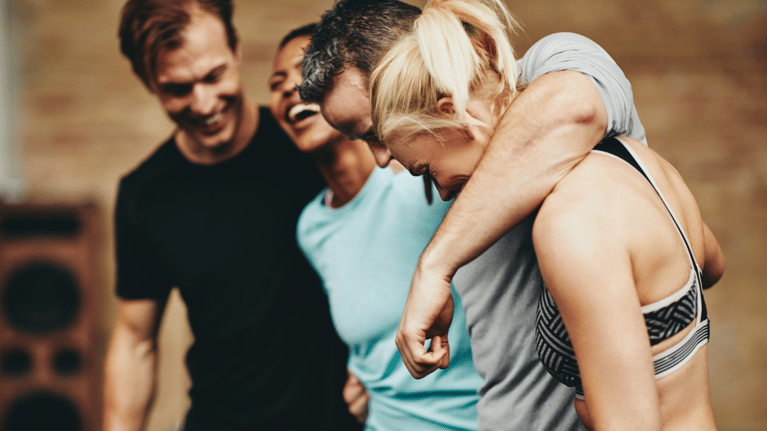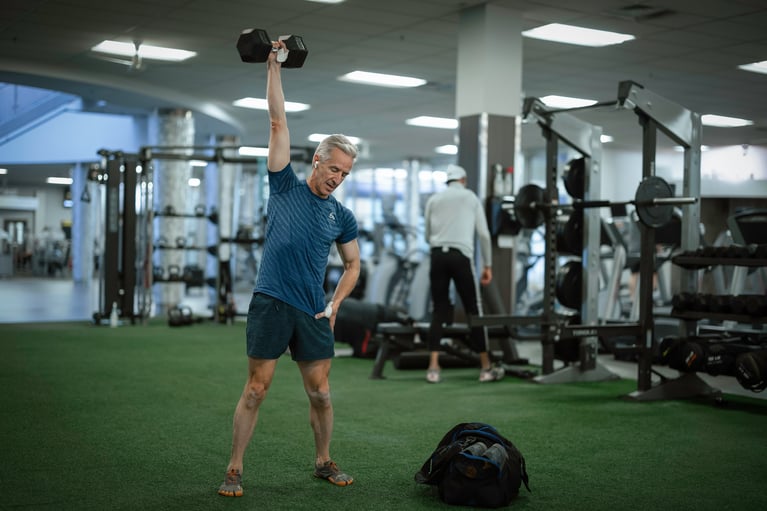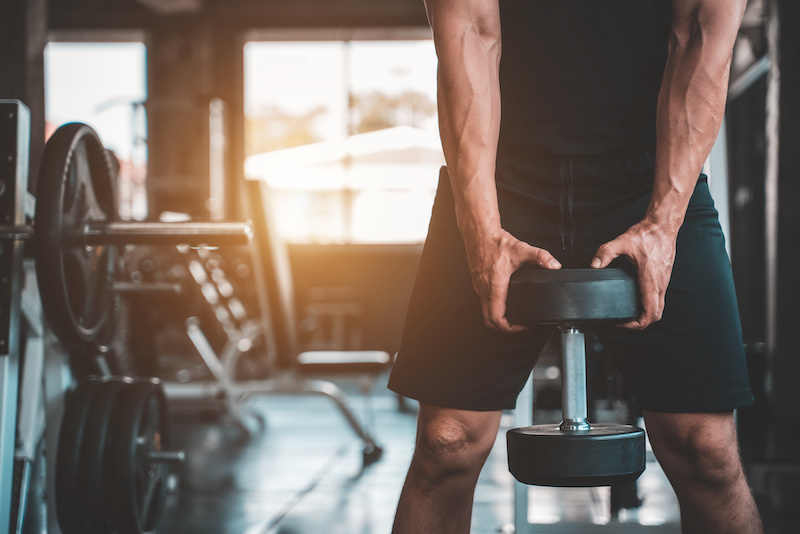
The coronavirus outbreak may have some people wondering whether it is safe to work out in the gym. Here are four evidence-based reasons why exercise is beneficial for immune and overall health.
The latest outbreak of novel coronavirus (COVID-19) has a lot of people asking themselves: should I keep going to the gym?
The answer to that question depends on several factors:
- Whether or not you are in an area under strict quarantine,
- If you are in a higher risk population, or
- If you are caring for someone who is in a higher risk population
Some populations, such as those at higher risk for complications from COVID-19, have been advised by health authorities to take extra precautions, which may mean staying at home. But for most people, sticking to their gym routine is still a good idea.
Going to the gym—or just exercising in general—is good for the immune system, can lower stress at a time where everyone is a little… stressed, and can provide a much-needed dose of social support and camaraderie (from a safe distance of one meter or three feet away, if need be).
This article highlights four reasons—backed up by evidence—that going to the gym is beneficial, including:
- physical activity and exercise can help boost immune function,
- exercise lowers stress,
- physical activity is good for metabolic health, and
- gyms are clean, and pose no unique risk.
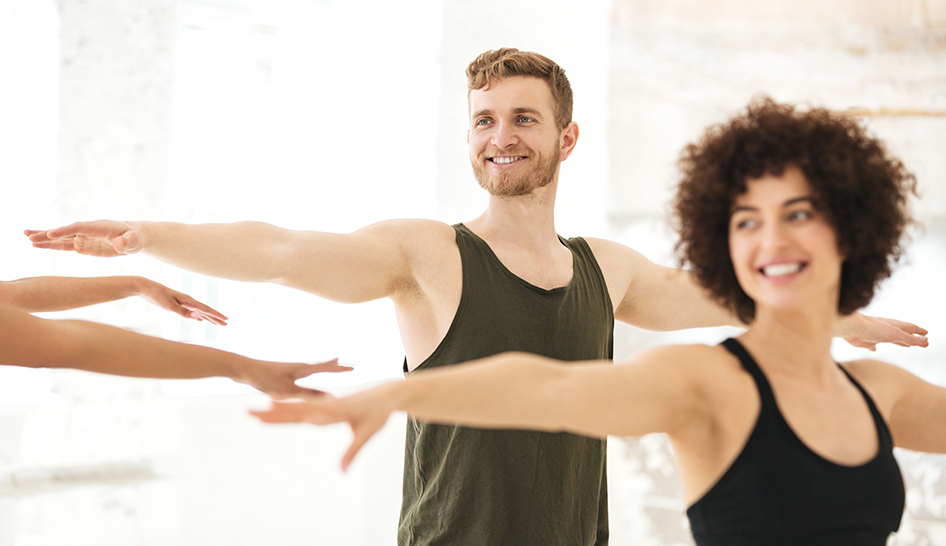
1. Physical Activity and Exercise Can Help Boost Immune Function
Several studies have linked physical activity to improvements in immune markers and immune health. An extensive review published in the Journal of Sport and Health Science outlined how acute bouts of exercise—less than 60 minutes—enhanced the circulation of immunoglobins, natural killer (NK) cells, T cells, and other immune cells that play critical roles in the body’s defense against pathogens, and can help reduce inflammation.
An analysis of randomized controlled trials conducted as part of that review found that people assigned to long-term moderate exercise programs—ranging eight weeks to one year—saw lower incidence and duration of upper respiratory tract infections (URTI), with reductions as high as 40-50% among people who were active on a daily basis. A similar analysis of results from long term population studies found a 28% reduction in URTI in groups with higher levels of physical activity and fitness.
Several human and rodent studies, summarized in a recent New York Times article, indicated that maintaining physical fitness is good for the immune system, and even short bouts of exercise can amplify the body’s ability to fight off harmful germs.
Some past evidence has led some to conclude that strenuous exercise—like running a marathon—has a negative effect on the immune system. However, research published in 2018 in Frontiers in Immunology found limited evidence to support a link between vigorous bouts of exercise and temporary immune suppression.
The 2018 study found that vigorous bouts of exercise may in fact enhance immune surveillance, that acute bouts of exercise can enhance the response to viral and bacterial invaders, and that long term exercise heightens immune competency.
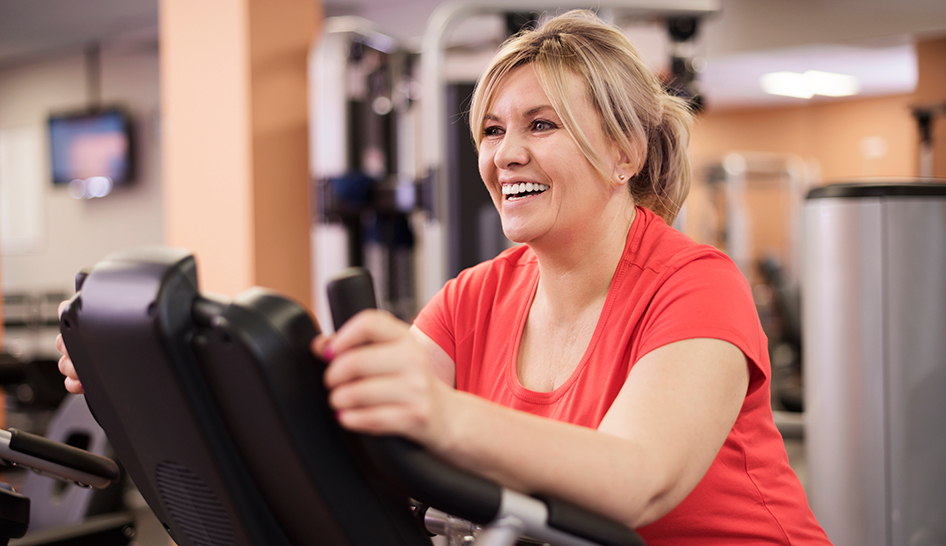
2. Exercise Lowers Stress
Physical activity can also have a more indirect, positive effect on immune function by mitigating stress. Research out of Carnegie Melon found that people with higher levels of psychological stress were more susceptible to the common cold.
In addition to the immune system benefit, stress can have an obvious negative effect on mental health and well-being. But exercise can help with that.
A study published in Frontiers in Physiology showed that regular exercise could create greater emotional resilience to acute, short term stress in healthy people. Respondents to an American Psychological Association “Stress in America” survey reported positive effects of exercise, including:
- better mood,
- feeling good about themselves, and
- feeling less stressed.
According to the survey, 43% of Americans report they use exercise to manage their stress, and 62% of those people found it to be extremely or very effective.
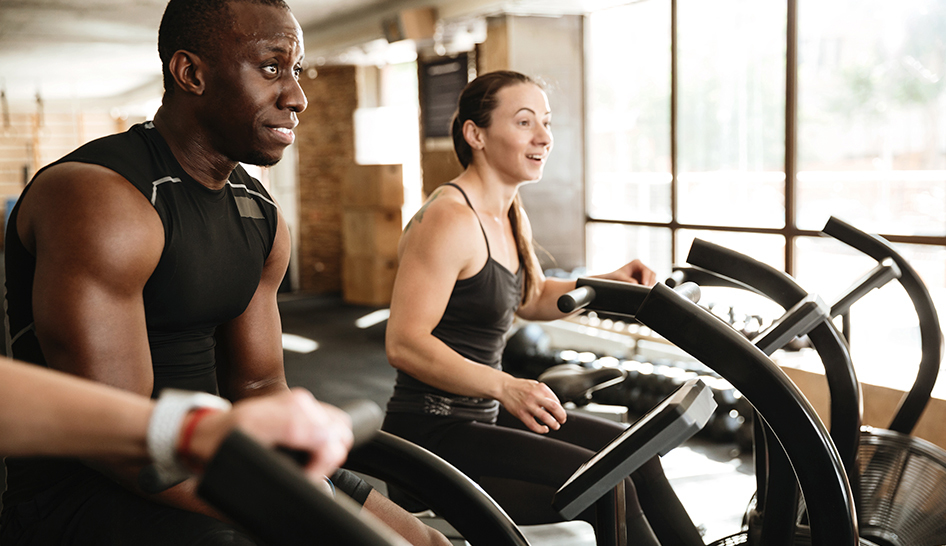
3. Physical Activity is Good for Metabolic Health
Research has linked poor metabolic health to poorer immune system function, which is one reason people with chronic medical conditions like diabetes are at higher risk of developing—and having complications from—infections like flu and coronavirus. Studies have also found that people with diabetes and high blood glucose are more susceptible to infection, and people with obesity and diabetes have greater immune suppression than metabolically healthy people with obesity.
Evidence has also linked good metabolic health and higher levels of physical activity. Spending more time active lowered the odds of metabolic syndrome, and science has linked both acute and long term exercise to lower blood glucose levels.
Additionally, long term studies show 30 minutes of moderate exercise, such as walking briskly, for 30 minutes a day can reduce the risk of diabetes by 30%.
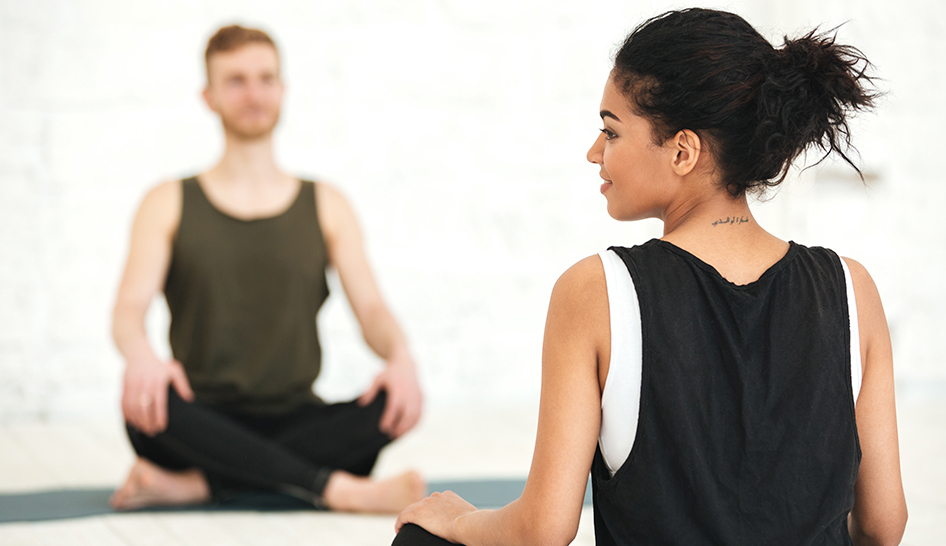
4. Gyms Are Clean and Safe
Gyms thoroughly clean their facilities on a regular basis, and ask members to wipe down equipment after use. Over the past few months, many have enhanced their cleaning policies in light of the coronavirus outbreak.
Most experts agree that gyms pose no specific threat compared to other areas of public gatherings like churches, malls, or grocery stores.
Paul Sax, M.D., medical director of the division of infectious diseases at Brigham and Women’s Hospital in Boston, told Time Magazine, “the gym is not a place that’s necessarily riskier than other communal areas. I wouldn’t say there’s anything particular about people sweating that makes them more contagious.”
Robert Glatter, M.D., an emergency physician at Lenox Hill Hospital in New York City, told Yahoo Finance, “I would still go about your normal activities at this point. Just as you normally should—even before the arrival of coronavirus—always clean your hands thoroughly after using exercise equipment with hand gel or use bleach-based wipes. It’s also important to avoid touching your eyes, nose, and mouth since this is how the virus gains entry into your body.”
“At this point, people should certainly keep exercising,” says Aubree Gordon, associate professor of epidemiology at the University of Michigan’s School of Public Health, in a recent CNBC article.
Michael Knight, assistant professor of medicine at the George Washington School of Medicine and Health Services, echoed similar sentiments to CNBC’s Make It. He said that he would still encourage his patients to “continue getting moderate amounts of physical activity to lower their overall risk.”
During times of stress, anxiety, and worry, it’s important to remember the benefits of exercise for your health.
We look forward to seeing you in the club soon!
Read this important message from American Family Fitness to learn about the preventative steps American Family Fitness is taking to help keep its’ members, guests and staff healthy.
Spread the word

Alexandra Black Larcom @ihrsagetactive
Alexandra Black Larcom, MPH, RD, LDN, is the Senior Manager of Health Promotion & Health Policy for IHRSA. She spends her days working on resources and projects that help IHRSA clubs offer effective health programs in their communities, and convincing lawmakers that policies promoting exercise are an excellent idea. Outside the office you’ll most likely find Alex at the gym, running on the Charles River, or, in the fall, by a TV cheering on the Florida Gators.
Article contributed by Geraldine Chapman
Geraldine Chapman is the Director of Information Marketing & Social Media at American Family Fitness in Richmond, VA. She’s been in the fitness industry professionally since 1997 as a personal trainer, group fitness manager, and fitness instructor. She has trained and certified in multiple fitness programs over the years. Her favorites to teach are barre, Active®, Blast®, and Power®. Geraldine graduated from Virginia Commonwealth University with a B.A. in Communication Arts & Design. She is also a Certified High-Performance Coach and Applied Neuro Strategist. She is passionate about researching autoimmune diseases and how lifestyle, fitness, nutrition, and mindset play a vital role in the prevention and management of autoimmune issues. When not working, you can find Geraldine with a camera in hand, enjoying quality time with her family and riding her motorcycle around town.



